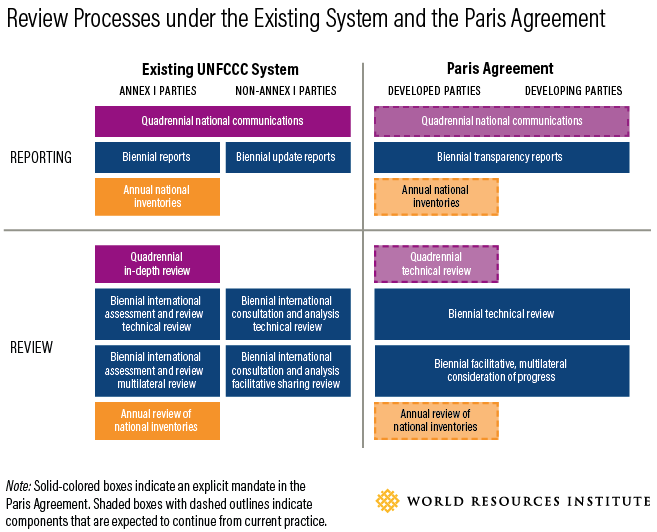Preparing to attend COP24 has been an absolute whirlwind. While we’ve spent the whole semester learning about the UNFCCC, it has only been in the last few weeks where everything has started to fall into place. I’ve been diligently writing all my final policy papers on topics in climate negotiations and I’m excited to put all that knowledge to use this week in Katowice.

This week I’ll be working with Natural Resource Defense Council (NRDC) tracking transparency and just transitions. The first week of COP will be full of meetings of UNFCCC subsidiary bodies, such as the Subsidiary Body for Implementation. This years’ SBI session will feature a few key events under the UNFCCC transparency framework. I’ll be sitting in on the Multilateral Assessments and Facilitative Sharing of Views, peer review processes for developed and developing countries. Both MAs and FSVs primarily assess mitigation actions. Sessions begin with country presentations followed by time for Q&A. Sessions are conducted during the COP in English, without interpretation support.
While the Paris Agreement is the focus of much media attention, standard UNFCCC processes such as the MA and FSV are still taking place at COP24. Successes and failures from the current transparency regime are meant to inform the current negotiations regarding an enhanced transparency framework under the Paris Agreement.
It’s difficult to capture positive outcomes from current peer reviews because review outcomes are poorly understood. It’s inherently difficult to measure the collaboration and knowledge sharing that peer reviews are meant to engender. That’s particularly disheartening since the peer review process takes considerable resources in preparation, yet it is unclear what benefit countries receive. The peer review process also suffers from limited engagement. Seventy percent of questions in the first three MAs were from just 4 countries. Engagement is likely hampered from lack of interpretation and resource restraints for small delegations.
As parties to the Paris Agreement meet for COP24, transparency is sure to be a hotly debated issue. This year’s COP is the deadline for finalizing the agreement’s implementing guidelines so many technical details need to be settled. A key sticking point is likely to be the flexibility of the enhanced transparency framework.

Available at WRI.org
Developing and developed countries generally have opposing view on the flexibility of transparency modalities. Developing countries are pushing for flexible requirements for report contents and methodologies. They want a process that respects differences in capabilities and is less costly. The text of the Paris Agreement supports this interpretation by specifically mentioning flexibility, least developed states, and small island developing states. But the scope of that flexibility is up for debate. Discussion of differentiated accounting methods led to significant gridlock in Bangkok.
Developed countries generally prefer rigid modalities that allow for comparability and consistency. They support unified methodologies and strong guidance. In many ways, they seek to respond to some of the difficulties that have cropped up in the current UNFCCC regime. NGOs also largely support clear guidelines to promote robust nonstate reviews of ambition.
This issue has been intractable in the intersessionals, but there may be movement if developed countries can pledge resources for capacity building or a timeframe for ramping up reporting. This debate also comes at a time when the lines between developed and developing countries are blurring.
While I won’t be seeing the negotiations on the enhanced framework for transparency (those are next week), it’s exciting to watch the MAs and FSVs knowing that we may see the rules for transparency rewritten shortly.